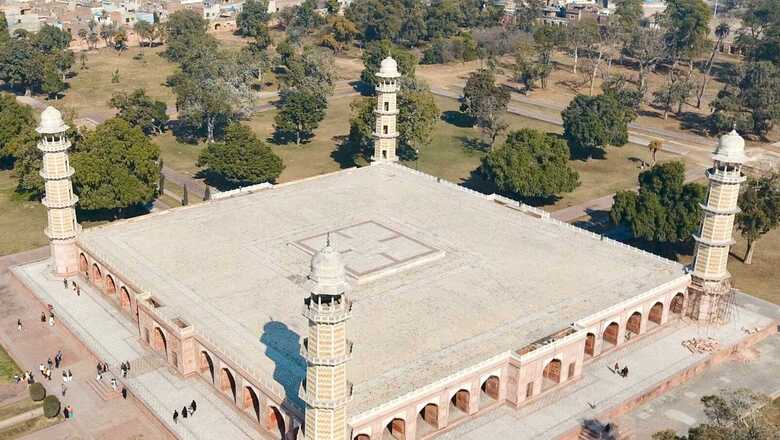
views
Jehangir, also known as Salim, was the son of Akbar and the fourth emperor of the Mughal dynasty. Like his father, he played a major role in the expansion of the Mughal Empire. But, he was also famous for his love for art, culture and the importance of justice. He encouraged Persian culture and took Mughal paintings to a new height during his 22-year reign. He is also known to have preserved paintings from Akbar’s era.
Jehangir’s autobiography reflects his artistic sides. While travelling, he used to take artists along with him and ask them to paint flora, fauna and other things that he came across. He used these paintings with the prose that he wrote. One of the famous painting is of a tiger that he killed.
Thomas Roe, who was an English ambassador in his court in 1615 CE, had said that Jehangir used to get painters reproduce European miniature and ask him to select the original work. Jehangir used to take pride whenever Roe failed to recognize the original one.
Jehangir was also the first Mughal Emperor in India to have allowed an Englishman to be part of his court. He allowed Captain William Hawkins marry one of the women of his court.
London’s British Museum has a collection of at least 74 paintings that were commissioned by Jehangir.
His era is also credited with the construction of monuments like Itimad-ud-daulah, where the use of white marble hinted towards a new era of architecture in the Mughal emperor. His son, Shah Jahan, continued the tradition and built Taj Mahal.
Srinagar’s Shalimar Bagh was built by Jehangir in order to reproduce Kashmir’s beauty.
Agra Fort’s ‘Chain Of Justice’ shows the other side of Jehangir. The chain, which was attached to some 60 bells, would ring when pulled by someone. The purpose was to be a link between the citizens and the emperor, and it was announced that any aggrieved person ringing the bells would be granted a personal audience with the emperor.
Read all the Latest News, Breaking News and Coronavirus News here.




















Comments
0 comment